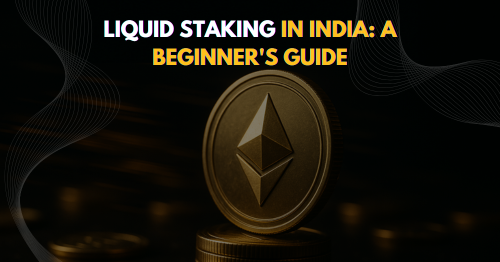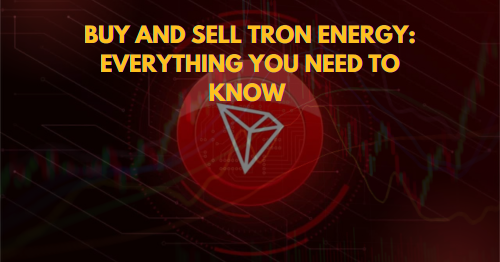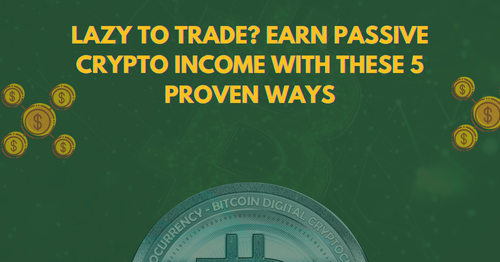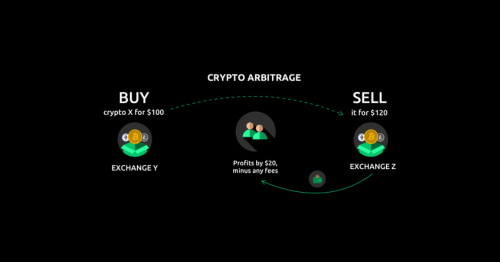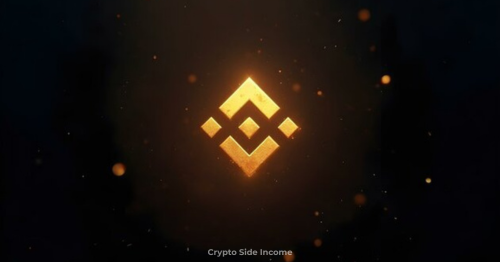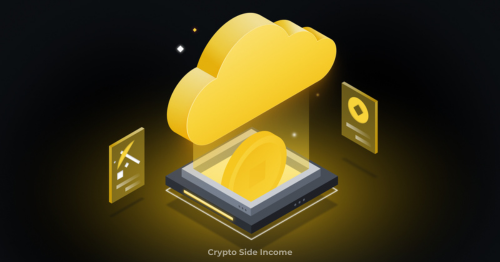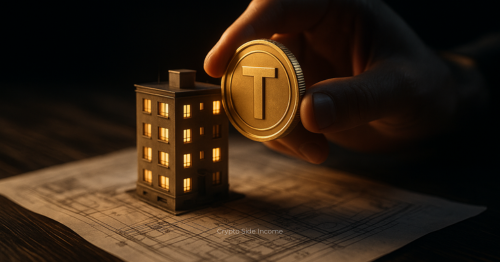
Blockchain is a technological revolution that has redefined data management and financial systems. It has enabled disintermediation by replacing mediators like banks, third parties, and brokers with trust and transparency. In this evolving space, a groundbreaking concept that has integrated blockchain and traditional finance is tokenized RWAs.
Tokenized RWAs (real-world assets) are blockchain-based digital assets that have received quite a buzz in recent years. In a country like India, real-world asset tokenization democratizes investments by facilitating global access to traditionally illiquid assets such as real estate, collectibles, exclusive jewellery, etc. These high-value assets typically require significant capital investments and often are inaccessible to everyday investors with limited savings. Tokenization resolves the problem of asset illiquidity by introducing the innovative concept of shared ownership through fractionalization.
This article throws light on how tokenized RWAs in India are reshaping financial transactions and generating a diversified income stream for people, irrespective of their financial status. Keep reading.
What are RWAs?
Real-world assets(abbreviated as RWAs) are items that exist in the real world. These assets can be tangible or intangible.
RWAs can be broadly classified into:
- Tangible assets: They have a physical form and can be touched or felt. Examples are: real estate, finished products, raw materials, gold, diamond, furniture, land, buildings, machinery, inventory, etc. These assets have real-world monetary value and can depreciate with time. They are less liquid compared to intangible assets.
- Intangible assets: Non-physical assets that you cannot see, touch, or feel. These are financial assets and have monetary value. Examples are: trademark, copyright, software, patents, goodwill, etc.
What are Tokenized RWAs?
Tokenized RWAs are digital representations of real-world assets. These are blockchain-based tokens that exist on-chain and bridge traditional assets with the decentralized blockchain networks.
RWAs are transformed into digital tokens through a process called tokenization.
Understanding the tokenization process:
Let’s say you want to buy a posh villa in Dubai worth INR 6 crores while sitting comfortably at your cozy small house in a remote village in India. Sounds impossible, right? Well, real-world asset tokenization can make that possible. But how?
Tokenization transforms the asset into thousands of digital tokens. Each digital token represents a fractional share of ownership of the original asset.
These tokens are recorded on the distributed ledger of blockchain. The tokenization or fractionalization of the asset is done through smart contracts.
Smart contracts are self-executing codes existing on blockchain that automate the tokenization process and distribution of ownership rights. Individuals who buy or own the digital tokens get true ownership rights and a share of the associated profits and losses.
Why do asset owners want to tokenize their assets?
Finding buyers for high-value assets like luxurious properties or jewellery in India. Tokenization easily partitions the assets into smaller denominations or digital tokens.
For example, if our Dubai villa costs INR 6,00,00,000, is tokenized into 10,000 tokens, each token is worth INR 60,000.
Per token value = 6,00,00,000 ÷ 10,000 tokens = INR 60,000
These are affordable shares. The property owner can sell the villa to multiple buyers. Each buyer who buys the digital tokens gets fractional ownership rights equivalent to the number of tokens they buy.
This is a practical solution for countries like India, where properties are expensive and hence illiquid.
Tokenization enables greater financial inclusion, opening doors for retail investors to enter the high-value market.
Additionally, the underlying blockchain technology eliminates entry barriers, middlemen, and facilitates seamless, secure, and transparent peer-to-peer transactions.
Also Read: Lazy to Trade? Earn Passive Crypto Income with these 5 Proven Ways
Types of Tokenized RWAs in India
Any real-world asset that can be converted into digital tokens using blockchain technology can be tokenized.
Real estate
Real estate, including residential or business properties, is highly priced in India due to high demand, limited availability of land, and construction costs. It needs substantial upfront payments. It is more illiquid compared to other financial instruments like stocks and bonds. Buying and selling real estate in India is cumbersome and complicated due to bureaucratic interventions that can cause potential delays.
Commodities
They include precious metals like gold, silver, or platinum. Energy resources like renewable energy, natural gas, oil, and agricultural products like crops and agricultural lands are also tokenized.
Art and collectibles
There is an increasing demand for tokenizing high-value art and collectibles. Tokenization allows investors to access unique and exclusive assets and gain fractional ownership.
Intellectual properties
Intellectual property (IP) includes patents, copyrights, trademarks, goodwill, etc. Tokenization of intellectual property enables the distribution of ownership rights, protects the IP assets from theft, and generates income through royalty distribution.
Financial instruments
Stocks, bonds, treasury bills, and securities are financial instruments. These assets can be easily liquidated and cashed out. Tokenization improves accessibility to these liquid assets. A major section of the population in India does not have access to traditional banks. Tokenization allows unbanked people to access these assets and secure their funds.
Currencies
Traditional fiat currency, like the Indian rupee, or digital currency like the Central Bank Digital Currency or CBDC, which is considered a legal tender in India, can be tokenized.
Energy assets
These include renewable energy like solar power or wind energy, carbon credits, or energy certificates that represent the environmental benefits generated through the sustainable practices of energy consumption.
Top 5 RWA tokenization platforms
Tokeny Solutions: With over $32 billion total value tokenized, the platform offers robust security, international regulatory compliance, enterprise-grade and scalable tokenization services, and a wide choice of assets.
Antier Solutions: A leading white-label RWA tokenization platform that offers cross-chain compatibility across different blockchain networks. Its customizable solutions cater to the diverse needs of investors and big businesses. The platform ensures adherence to legal and regulatory formalities.
Polymath Network: A white-label RWA tokenization platform that offers a high-end technology stack and compliance with security token standards for its customers. Its scalable services are tailored for a diverse customer base, from asset owners, broker-dealers, to big corporate organizations.
Ondo Finance: The DeFi platform offers curated services for the tokenization of financial instruments like stocks, bonds, private equity, and ETFs (exchange-traded funds).
RealT: It is a well-known real estate tokenization platform for customers to invest in tokenized real estate. The platform offers affordable investment options for retail investors. Payouts are distributed through stablecoins. Investors can also enhance their passive income through regular rental income.
How Tokenized RWAs Generate Income Streams in India?
Tokenized RWAs break investment barriers by converting traditional assets into small tradable units that are affordable and easily accessible. By fostering inclusive investments, a wider array of investors can participate in markets dominated by deep-pocketed investors.
Inclusive investments
Previously, high-capital assets like real estate, gold, or fine art were mostly traded by wealthy investors who could afford large upfront payments. RWA tokenization has introduced the concept of shared assets, where individuals can make small investments and own micro-ownership rights of high-value assets. In a country like India, this fosters financial inclusivity and empowers marginalized people to grow their income, contributing to the country’s overall economic and social growth.
Fractional ownership
Tokenization fosters fractional ownership, where businesses can easily sell their assets or a portion of their assets to multiple buyers. It creates investment opportunities for both the seller and the buyers. For example, agricultural lands are expensive. Tokenization of agricultural assets like land empowers small farmers to collectively own small portions of the land and start farming.
Open market
Traditional financial (TradFi) systems are centralized and highly regulated. Tokenization creates a transparent, free-flowing decentralized market that is open and can be accessed easily without any bureaucratic intervention.
Secondary market revenues
Once the tokens are issued, the asset owner directly sells the tokens in the primary markets. After the initial sale, token holders can cash out or sell their tokens in secondary markets or decentralized exchange (DEX) platforms that offer easy and early exits. Some tokenization platforms allow the original issuer to earn royalties or small fees for every transaction, generating a passive income stream.
Early-stage investments
Tokenization offers an alternative platform for startups and small businesses to raise early-stage funds. Traditional funding in India is time-consuming and involves extensive documentation and legal processes. Tokenization is simple and automated, and optimizes capital allocation without depending on traditional intermediaries like banks and centralized financial institutions.
Generates rental income
Token holders can earn long-term and steady income through tokenized real estate. If a property is rented out, token holders who share fractional ownership earn regular revenue shares from the rental income. The rental income is distributed through smart contracts.
Earn royalties
Businesses, musicians, movie makers, or artists can monetize IP products like patents of a movie, song, or exclusive artworks, and earn royalties. Creators sell fractional rights and earn ongoing revenues in the form of royalties.
Earn interests
Invest and earn periodic interest on tokenized government bonds with small investments. Tokenized government bonds ensure regulatory compliance, like KYC (Know Your Customer) or AML (Anti-money laundering), that ensure security and are made available to investors through crypto exchanges.
Final Thoughts – The Road Ahead
According to June 2025 Binance Monthly Market Insights, the global RWA tokenization industry has soared past 260% with a total market valuation of $23 billion. Market analysts anticipate that it could reach $30 trillion by 2030.
Tokenized RWAs are a transformative force that has reshaped financial investments by stimulating inclusivity, greater liquidity, clear ownership records, and eliminating conventional market barriers.
Asset tokenization in India is still nascent, and the road to long-term success depends on more evolved regulatory standards, investor protection rules, and greater adoption. As the industry expands, government authorities, banks, and tokenization platforms can encourage investors to embrace the technology by educating them about the advantages and earning potential.

Taniya is a Content Writer with over 6 years of experience in the industry, specializing in Web3, crypto, Blockchain, Tokenization, and Decentralized Finance. She is passionate about creating compelling and well-researched narratives, navigating readers through the emerging trends and dynamic world of Web3 and Decentralized Finance.


